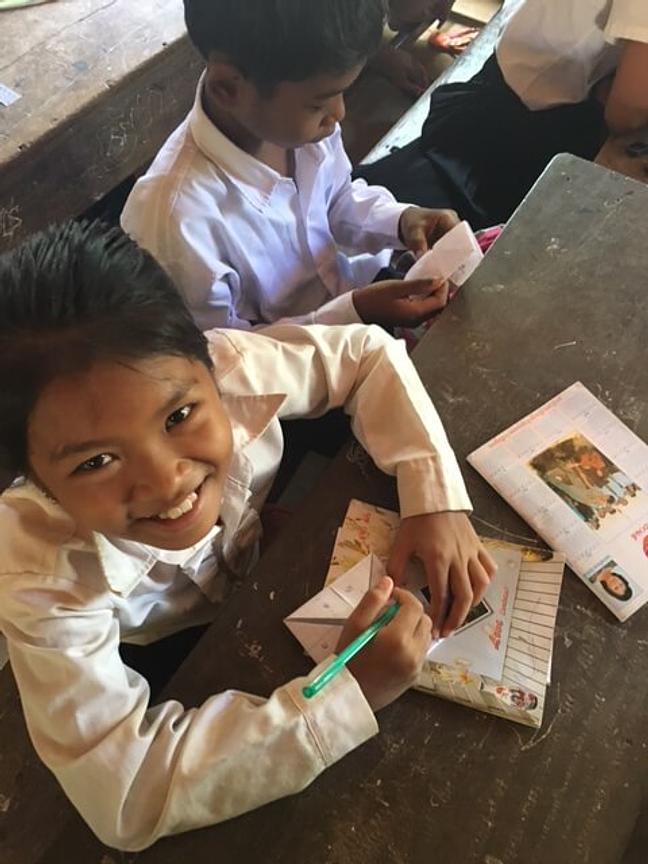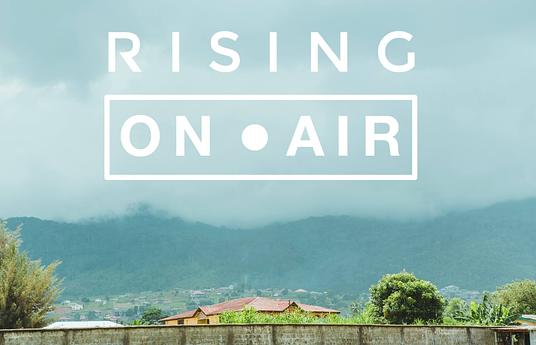The whole school can be involved in contributing to the development of education.However, a prerequisite for involvement is long-standing commitment, since long-term cooperation is fruitful for both parties - both the Finnish as well as the cooperating school. The long-term approach enables a deepening dialogue with the local participants, which is considered important in development work. For example, Lauttasaari Coeducational School has been working with a Cambodian school for the third year running.
If you want to join in with the whole school, proceed as follows:1. Discuss the project in the school, make the decision to join and select the person in charge within the school.
2. Contact Finn Church Aid and inform them of the school’s interest for cooperation. Together with Finn Church Aid, an appropriate partnering country is sought out, so that the project supports a wider and long-term impact on achieving development goals. Finn Church Aid confirms the involvement of local organizations and supports the continuation of the project.
3. Together with Finn Church Aid, plan the duration and outline, as well as goals of the project, which can all be tailored to each school.
4. Begin fundraising at the school with your partners. Organize events such as Walk for Cambodia.
Cooperative partners can be found by contacting locals in the school's neighbourhood, such as churches, entrepreneurs, resident associations, other schools, and by requesting them to cooperate and participate in fundraising.
For example, in the Lauttasaari project, the following actors have participated in travel arrangements, funding and communication:
5. Choose the first volunteers to go abroad and plan the pedagogical goals for the trip together with Finn Church Aid and the schools of the partner country. Volunteers should prepare for the journey carefully, get acquainted with the country's culture and education system, make practical arrangements, organize travel documents, vaccinations, visas, etc., and participate in volunteer training.
6. Plan a return visit for the teachers and other local actors of the partner school. The intention is for the teachers in the destination country to also see the operational culture and pedagogical solutions of the Finnish school in practice.
Lauttasaari School is involved for the third year runningTeachers without Borders Lauttasaari is a community-funded development project involving participants from Lauttasaari: schools, the parish, entrepreneurs, and Finn Church Aid. The partner country of the project is Cambodia.
Finnish teachers travel to Cambodian schools and bring Finnish pedagogical expertise to local teachers. Cambodian pedagogues make an annual study visit to schools in Lauttasaari where they learn about the Finnish education system by observing teaching and discussing it with the school staff.


